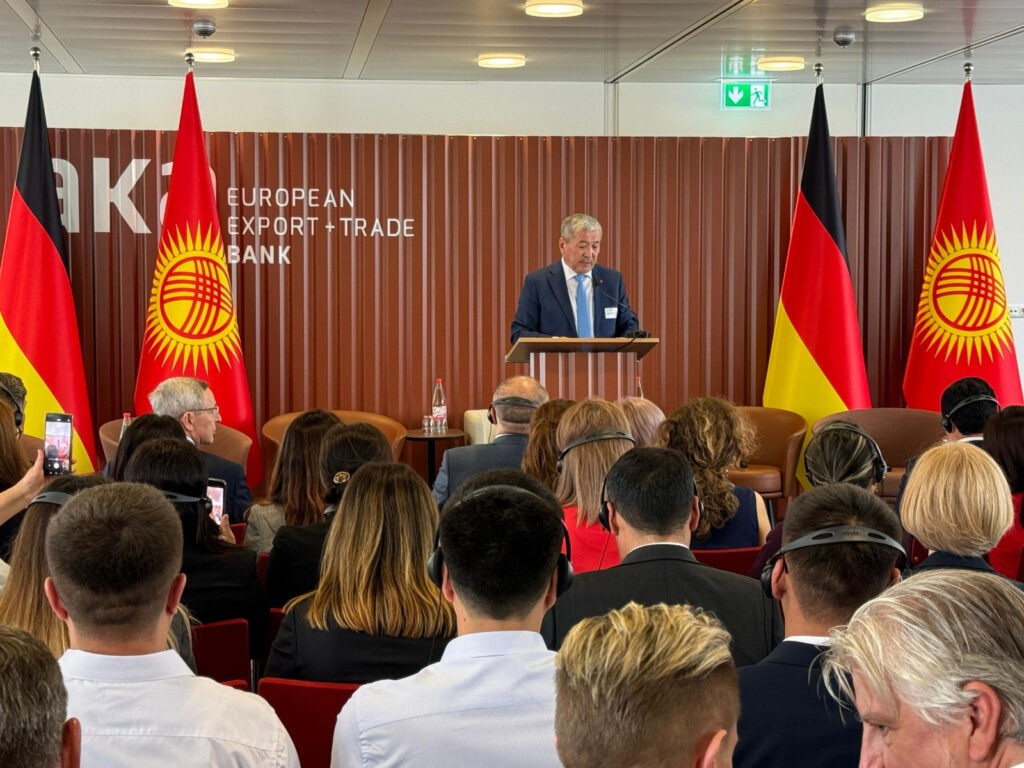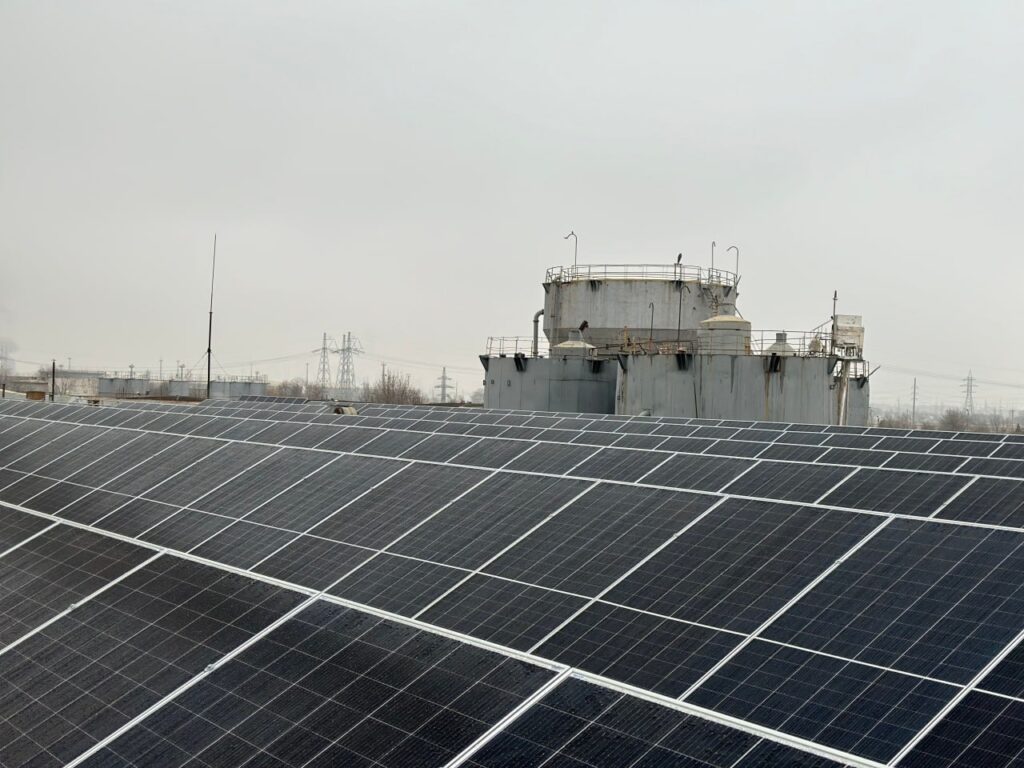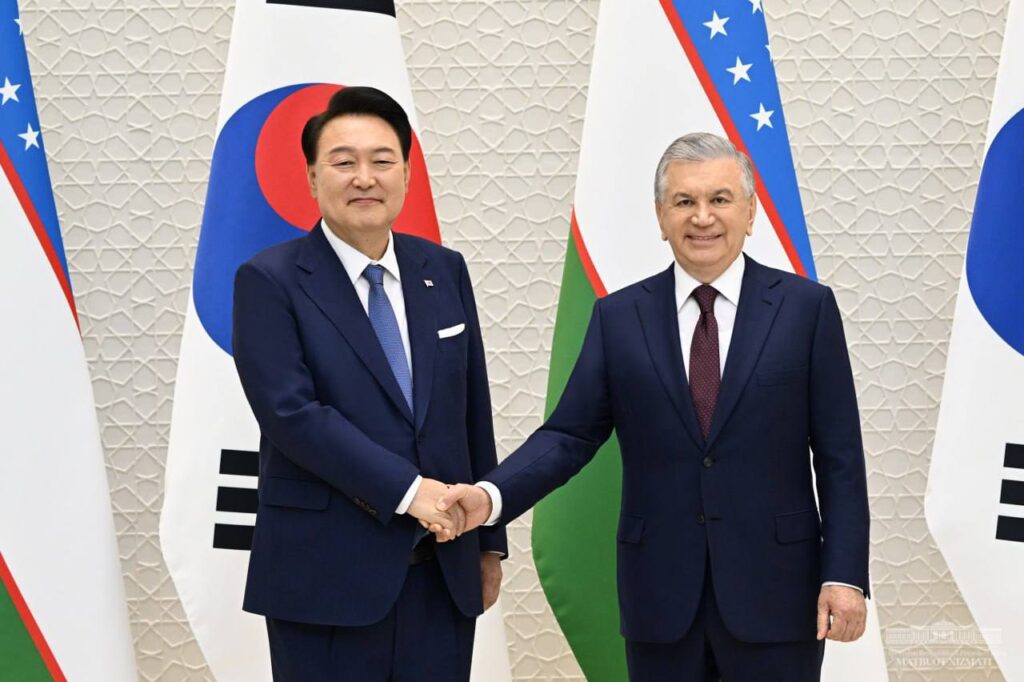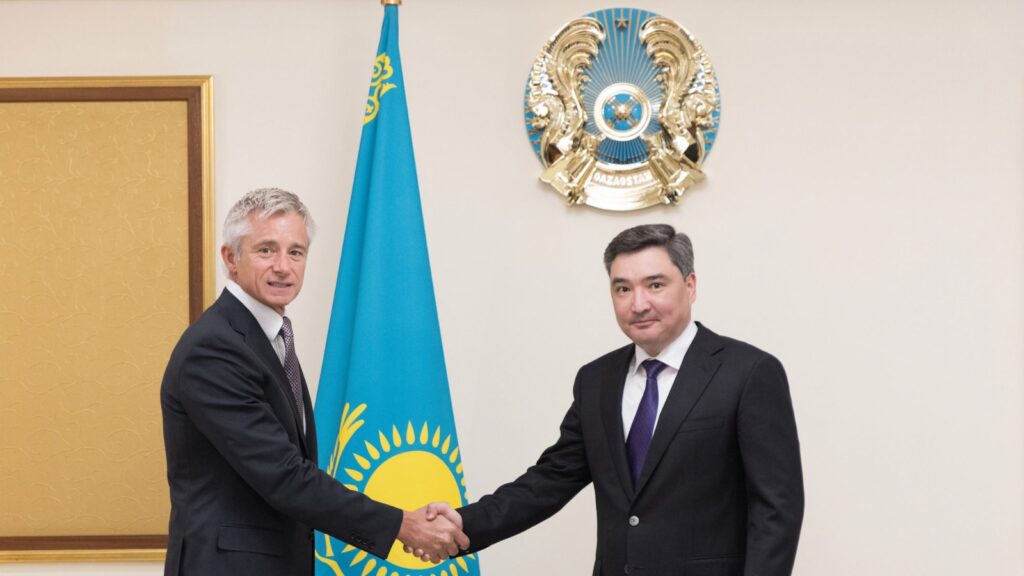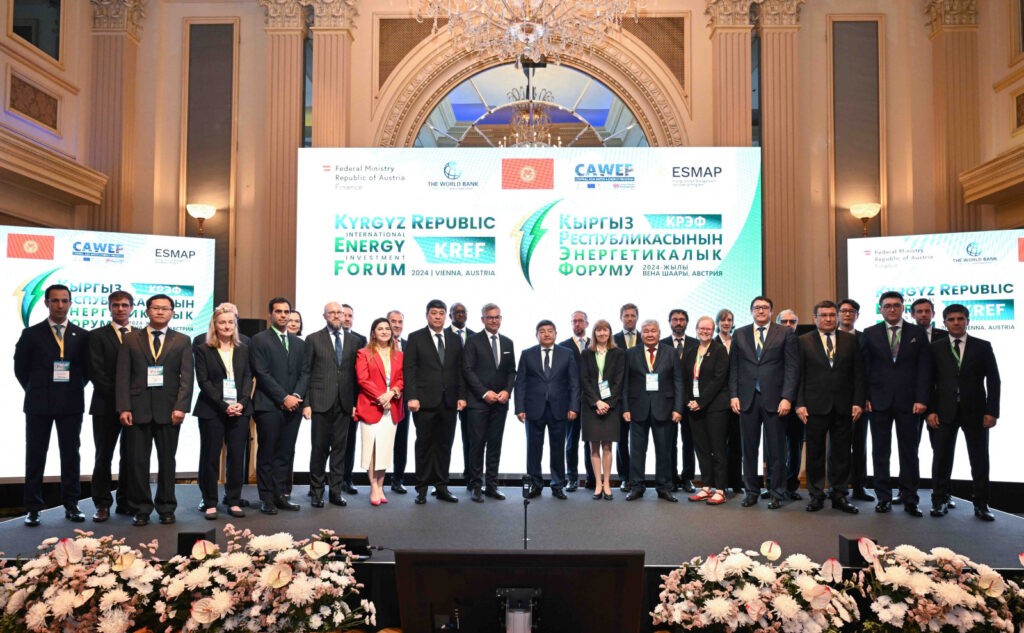On June 18, Kazakhstan’s Minister of Digital Development, Innovation and Aerospace Industry Zhaslan Madiev updated the government on progress on improvements to the country’s Internet and mobile communication. International data indicates that the share of the population using the Internet in Kazakhstan is now on par with that of developed countries. Traffic growth has increased by 61.5% since 2020, and the number of users, by 12.9%. According to Speedtest Ookla, in April 2024, Kazakhstan ranked 66th with an average Internet speed of 43.6 Mbps, higher than Russia, Kyrgyzstan, and Uzbekistan. Wired Internet is currently available in 2,606 of Kazakhstan’s 6,290 villages, with plans in place to connect optical communication lines through the PPP mechanism to 3,010 villages. Mobile Internet is now accessible in 4,866 villages. As part of tax incentives in 2023, 1,161 villages were connected to 4G technology. Work to connect the remaining 1,424 villages is ongoing. Regarding the further development of 5G technology, operators Kcell and Tele2 will continue work to expand 5G coverage in the cities of Astana, Almaty, Shymkent, as well as regional centres. To date, 1,144 base stations have been installed in 20 cities. “In accordance with instructions issued by the Head of State, the introduction of 5G mobile communications should be completed before the end of 2025,” reported the minister. Madiev then outlined the three steps required to develop the Digital Silk Road and turn Kazakhstan into a regional digital hub. The first is to lay a 370-kilometer fiber-optic line along the bed of the Caspian Sea with investment by telecom operators in Kazakhstan and Azerbaijan amounting to more than 23 billion tenge. A joint venture has been created between Kazakhtelecom JSC and Azertelecom LLC, and a tender to select a contractor for the design and installation of an underwater fibre-optic line is underway. The second is the construction of the national West-East Internet hyper highway, which will increase Internet transit traffic across Kazakhstan. The final step is the construction of a data processing centre, no lower than Tier-III level, for storing transit and international traffic.
